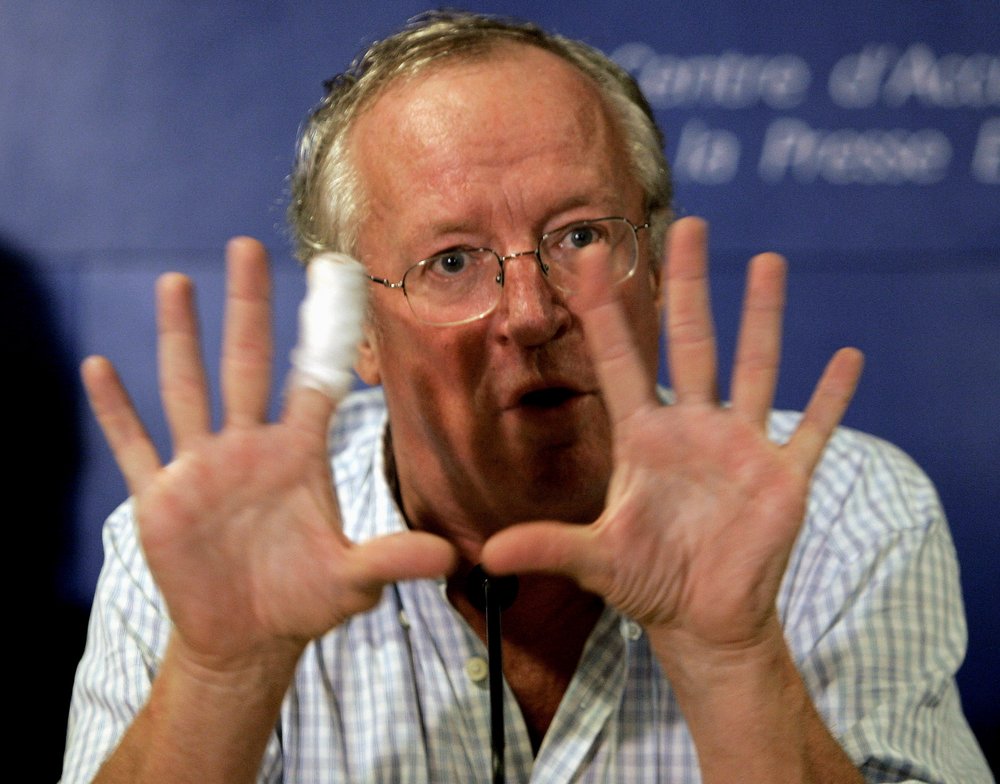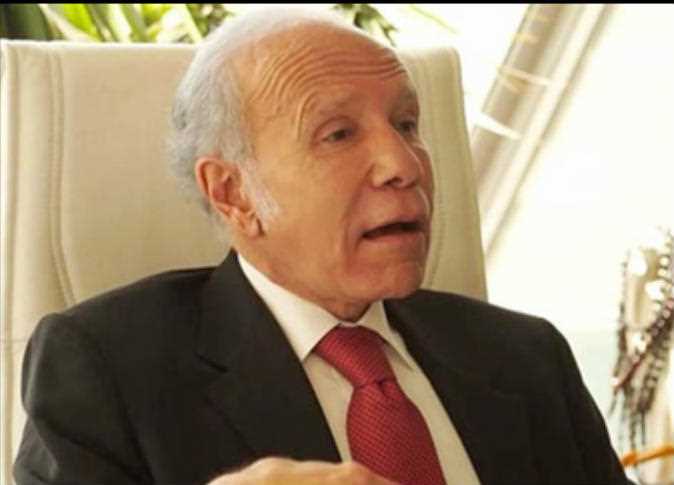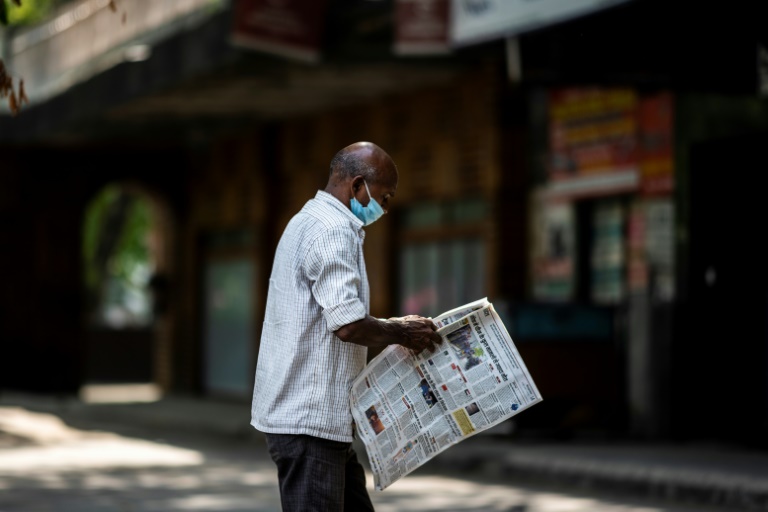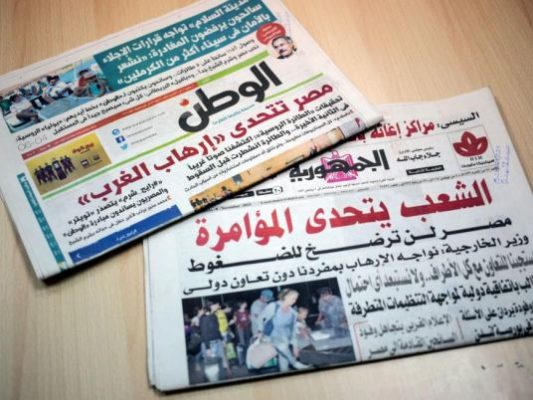On Thursday, various papers debate the Islamism's take on the death penalty, as well as detail riots that took place in cities visited by Prime Minister Essam Sharaf. On top of that, Al-Wafd includes a humorous account about the former president's monkey business.
Al-Gomhorriya reports that unrest broke out during Prime Minister Essam Sharaf's visit to 10th of Ramadan City, as he declared that natural gas exports would be limited and that it would be used to develop national industries. The prime minister added that no products could be imported from abroad unless they could not be manufactured in Egypt.
Independent newspaper Al-Dostour writes that Sharaf was kicked out of Suez; the newspaper’s headline confirms that the prime minister’s car was attacked with stones and that the procession escaped the location of the attack after Sharaf’s car was damaged. The clashes led to the cancellation of a planned press conference. Suez residents were accusing Sharaf of following in the footsteps of the deposed Mubarak regime.
Al-Wafd reports that some Islamists groups have declared that retribution is appropriate against former President Hosni Mubarak, even though he is a sick, old man. The article states that Islam exempts the sick from the penalty of flogging, but not the death penalty. Shura Group Spokesperson Tarek al-Zomor said that Mubarak must die by the death penalty. Member Osama Hafez agreed with Zomor, adding that the death penalty is a must if Mubarak is convicted of killing protesters. Hafez added that Mubarak's cancer should not exempt him from the death penalty.
On the other hand, Sheikh Gamal Samak, a leader of the group, stated that that the death penalty was religiously unacceptable unless Mubarak was completely cured of his cancer. Samak requested the formation of a medical and religious committee to decide on the matter.
Also in Al-Wafd, Ahmed Aqabawi, a professor of psychology at Al-Azhar University, predicted after the Mubarak trial, the former president would consider suicide due to his severe depression, his son Gamal would confess to all his crimes and son Alaa would become a Dervish, all strange suggestions with little evidence. Aqabawi added that that 25% of those who suffer from depression end up taking their own lives.
On a funny note, Al-Wafd newspaper conducted an interview with Amr Tamam, the primary veterinarian for the former president’s pets, in his in-home zoo in Heliopolis. The paper runs a picture of the former president in casual attire holding a small chimpanzee, with a headline reading, “Mubarak spent his happiest times with Zizo the Chimp!” The article starts by saying, “If we were animals, he would have treated us better … seriously, why would he spend time making the country better, if Mubarak would rather spend quality time with his little monkey?
Al-Gomhorriya writes about the organizational conflict over the coming Friday's “For the Love of Egypt” protests. The Wafd Party, the Muslim Brotherhood, the Free Egyptians Party have refused to protest, while Tagammu Party and the Nasserists are expected to head to Tahrir tomorrow. The story adds that 26 parties have refused to join tomorrow’s protests, including the influential April 6 Youth Movement.
Al-Akhbar leads with a question, “Would the court listen to 1630 witnesses during the Mubarak trial?” The rest of the article has photocopies of “secret documents,” attesting to the wealth of figures from the fallen Mubarak regime. According to the article, former Interior Minister Habib al-Adly owned 12 castles, 15 pieces of land, 16 apartments and four luxurious cars.
On its front page, independent newspaper Al-Shorouk quotes Amr Moussa saying that there are powers who do not want him to be president. Moussa expressed his astonishment at the amount of false information written about him in newspapers. Moussa went on to say that while the early years of the Mubarak regime were promising, the last ten were disastrous.
With a sense of optimism, state-owned Al-Ahram writes that the state of emergency will soon be abolished, according to Deputy Prime Minister Ali al-Selmy. The story, though, does not mention whether this includes the emergency law or not. Apparently, the decision was made in an important governmental meeting on 25 July.
Egypt's papers:
Al-Ahram: Daily, state-run, largest distribution in Egypt
Al-Akhbar: Daily, state-run, second to Al-Ahram in institutional size
Al-Gomhorriya: Daily, state-run
Al-Dostour: Daily, privately owned
Al-Shorouk: Daily, privately owned
Al-Wafd: Daily, published by the liberal Wafd Party




